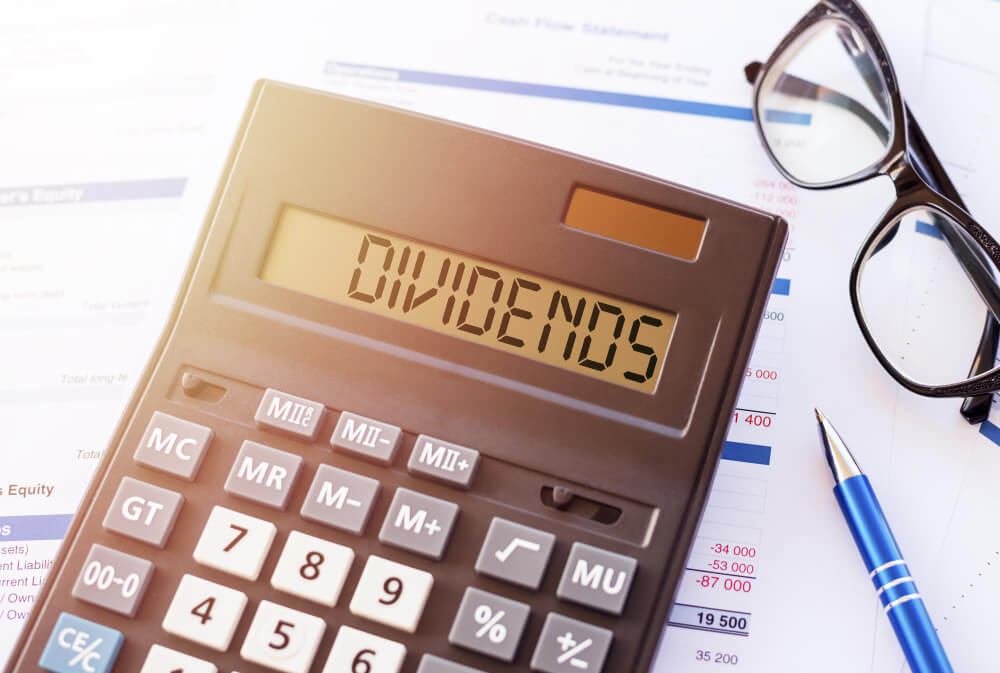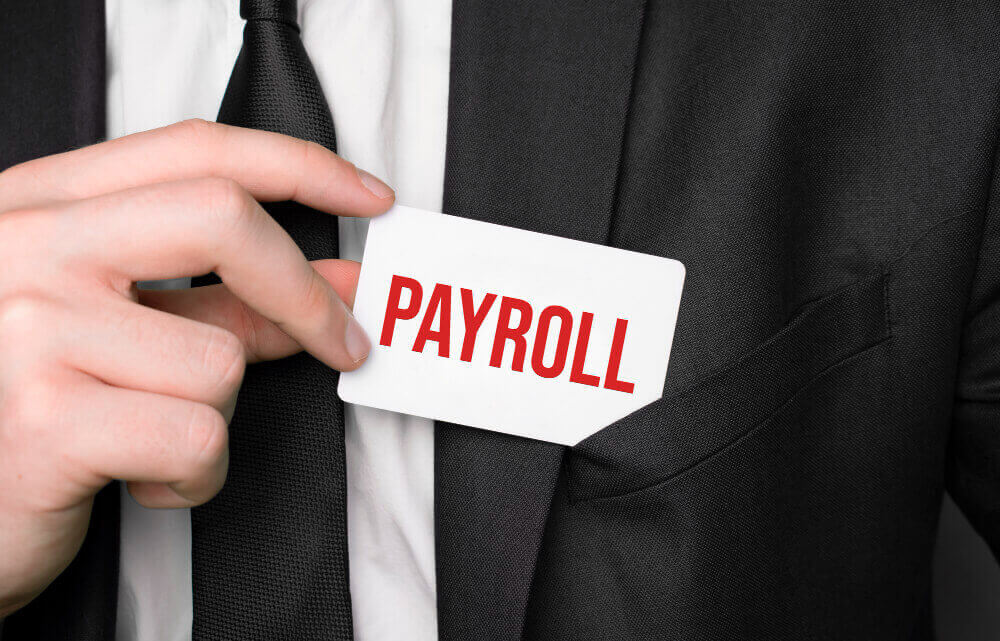Cryptocurrencies have been making a buzz lately. Many people are investing as well as trading the same. While these crypto transactions might seem fun and easy, they come with taxes. These taxes can be complicated and not easy to understand.
It is why we are curating this blogpost explaining the cryptocurrency tax guide in the UK for 2025.
We will cover the basics of cryptocurrency and how HMRC taxes it.
Table of Content
What is cryptocurrency?
There are so many doubts surrounding cryptocurrency. Some call it virtual currency, and others call it digital cash; while many are investing, some businesses accept payments. First things first, what is cryptocurrency?

Cryptocurrency is digital or virtual money secured by cryptography. Unlike a central government, a decentralised system maintains it.
The first cryptocurrency, Bitcoin, was launched in 2008. It is the biggest, best-known, and most influential crypto coin with around $1,900bn market capitalisation. Other coins like Ethereum, Binance Coin, XRP, and Tether follow. These top five coins constitute 80% of the market.
Cryptocurrency runs on decentralised blockchain technology. There are no proper regulations for this worldwide, but new laws and rules to regulate cryptocurrencies are implemented regularly.
According to HMRC, cryptocurrency or crypto assets or tokens are cryptographically secured digital representations of value or contractual rights that can be:
- transferred,
- stored, and
- traded electronically.
In simple words, it means people of the UK can use these coins to make purchases or trade for profits.
HMRC take on cryptocurrency
HMRC observed a cryptocurrency trend back in 2014, but fewer people were interested in it back then. People didn’t use it for the exchange of goods or services. HMRC considered it a “speculative investment” back then and didn’t levy any tax.
But now, the times have changed, and cryptocurrency has more acceptance among people, institutions and governments. Businesses have started accepting cryptocurrencies for exchanging goods and services.
It has prompted HMRC to update the tax rule book and bring in the crypto assets manual with taxation regulations in it.
According to HMRC, cryptocurrencies are not directly taxed. They are subject to income tax or capital gains tax, depending on the situation. The tax you pay on cryptocurrency is affected by various factors- the income you earn, how HMRC will be viewing that transaction, the type of transaction, etc.
This guide solely focuses on the individuals investing in crypto but not on those trading it in businesses.
When should one pay income tax for cryptocurrency?
HMRC has laid out a few scenarios, and if you invest in any of these, you must pay the tax and national insurance for it.
| Activity | Explanation | Type of income | Tax type | |
| Getting paid in crypto | If you are working somewhere and paid in crypto, then it is income, and you have to pay the income tax. | Income | Income tax | |
| Mining | Cryptocurrencies can be created by mining. The mining process includes solving complex math problems and requires high-end computing systems. Once anyone solves the puzzle, they will be rewarded with the coin. | Miscellaneous income | Income tax on the GBP value of coins awarded, less any expenses | |
| Staking | Crypto staking means validating the coin blocks by staking your coins. People generate passive income this way. | Miscellaneous income | Income tax on the GBP value of coins awarded, less any expenses | |
| Airdrops | Users receive coins or tokens for free as a part of the company’s marketing strategy. | – Not regarded as income; or – miscellaneous income; or – receipts of an existing trade. | Income tax or capital gains tax | |
| If the individual keeps the awarded coins or tokens, they may have to pay Capital Gains Tax at the time of disposal. | ||||
How much does one pay?
The amount one pays as income tax for cryptocurrency varies depending upon the income tax band and your taxable income. It starts from 0% and goes up as high as 45%.
| Band | Taxable Income | Tax rate |
| Personal allowance | Up to £12,570 | 0% |
| Basic rate | £12,571 to £50,270 | 20% |
| Higher rate | 50,271 to £125,140 | 40% |
| Additional rate | 125,140+ | 45% |
How to calculate income tax?
- With the help of the above table, know in which band you will fall first.
- Look for your crypto assets considered as income by HMRC
- Now calculate the value in GBP on the day you received them
- Add up the total income from crypto and calculate the tax rate with the percentage mentioned in the table.
Check our guide on : What is Income Tax and How Does Income Tax works?
Taxing crypto as capital gain
Crypto assets can be taxed as either income tax or a capital gain or both in some situations. Crypto assets are considered an asset in the UK, and whenever you dispose of, exchange or spend it, you have to pay the capital gain tax.
Don’t worry; you won’t be charged capital gains tax on the sale proceeds. Only the profit element will be taxed.
Here are some examples for you:
- The profit you make when you sell crypto for a fiat currency such as GBP.
- When you exchange crypto with crypto and gain profit from the swap.
- Profit from gifting the crypto to someone (spouse excluded).
- Purchasing goods and services with cryptocurrency.
Whether it’s a short-term hold or a long-term investment, the UK considers it the same, and capital gains tax applies to your taxable gains.
HMRC also offers you a capital gain tax allowance. If you have earned less than £3,000 gains in crypto, then you don’t have to pay any capital gain or report it to the HMRC.
Like income tax, the crypto tax as a capital gains tax depends on your tax band and regular income. After the recent Autumn statement, the following tax rates apply from 30 October 2024.
Till 29 October 2024, the capital gains tax rates were 10% for Basic tax payers and 20% for higher and advanced taxpayers.
| Capital Gains tax rate | Income tax band |
| 18% | Basic rate income band (up to £50,270) |
| 24% | Higher rate income band (up to £125,140) |
| 24% | Additional rate income band (above £125,140) |
Calculate crypto tax on capital gains tax
- Identify the tax income band
- Now check the taxable income on your crypto gains
- Subtract the capital gain allowance amount of £3,000 from the taxable gains.
- Add this amount to the remaining taxable income.
- Check the above table and see which income band you will fall and how much you have to pay.
You can report it to HMRC and reduce the total taxable gain if you have capital losses. You can claim the loss within four years from the end of the tax year when these losses arose.
HMRC has some set rules for fraudulent activities too. If your crypto coins are stolen or lost, they won’t be considered disposal. Although the assets are stolen, they are still in your name, and there are chances for you to get them back. You cannot claim any loss here.
However, if you paid someone for cryptocurrency with fiat cash but got duped, then you can claim a capital loss. If you paid an amount for some coins and ended up receiving some other currencies that aren’t worth anything, then you can claim negligible value to HMRC.
Tax exemption on crypto transactions
Some crypto transactions are entirely exempt from taxation in the UK.
- When you buy crypto with fiat currency, GBP.
- When you transfer assets between your wallets.
- Holding the crypto.
- When you gift crypto to your spouse.
You can make the most of these tax exemptions, especially the one that allows you to transfer crypto to your spouse.
When to file crypto taxes?
The tax year in the UK runs from 06 April till 05 April of the following year. The filing deadlines differ if you submit the tax return, also known as self-assessment tax return or SA100, by paper or online.
| Paper tax return | 31 October following the tax year-end |
| Online | 31 January following the tax year-end |
Doing all the work earlier is a good thing as you will get enough time to pay the tax.
How to file crypto taxes?
It is essential to keep all the records of your crypto transactions with you, right from the market value at the time of purchasing or selling to capital gains or losses. Once you have all of this information with you, submit it to the HMRC, and they will tell you how much you owe them in the form of taxes.

Wrapping up
In the UK, taxation on cryptocurrency is still in the emerging phase. The regulators have provided some guidelines, but they are meant only for the initial stage, and these rules will change over time.
If you hold cryptocurrencies, it is best to seek professional help with filing taxes. Ensure that you approach a team or an accountant who is experienced in dealing with crypto taxes. They should keep them updated with the latest trends happening in the field.












Leave a Reply